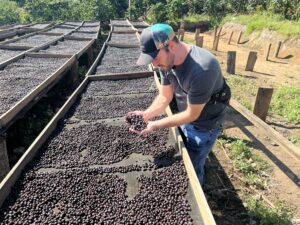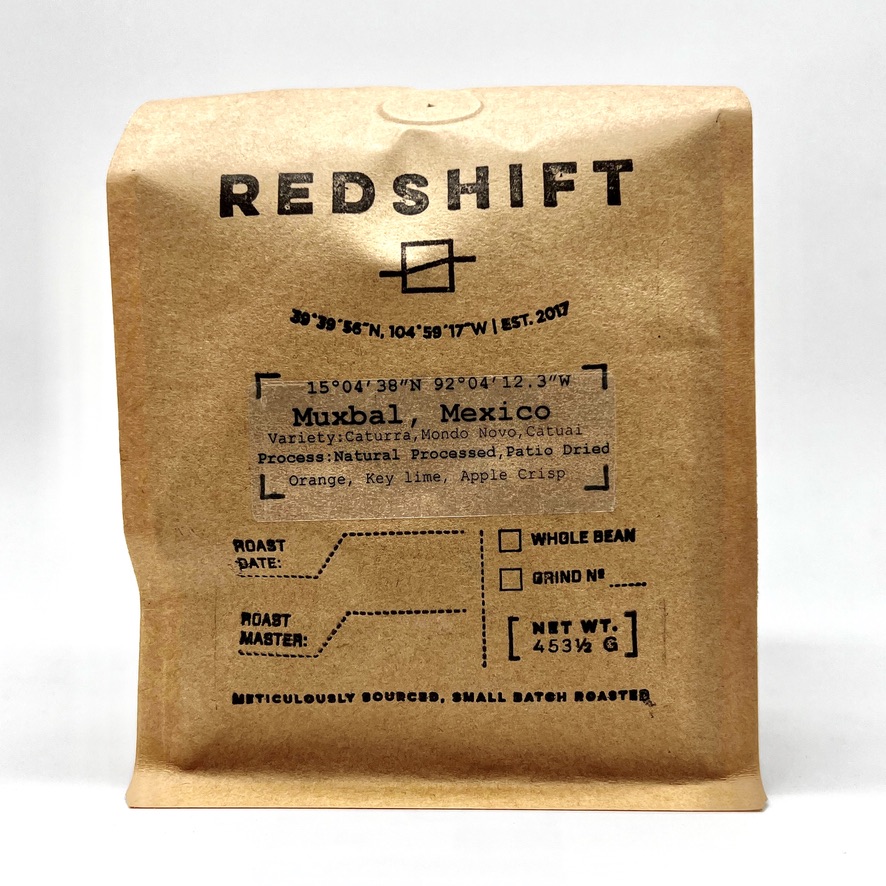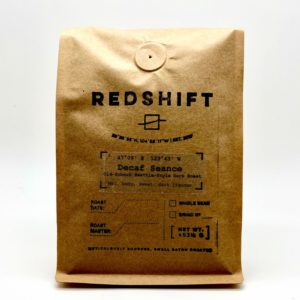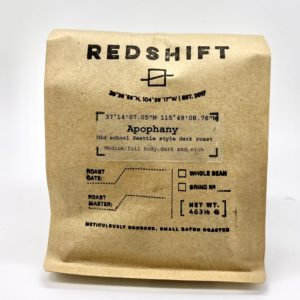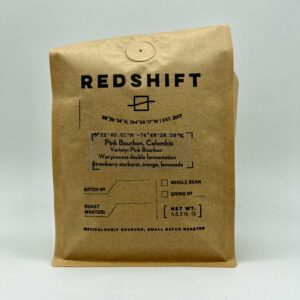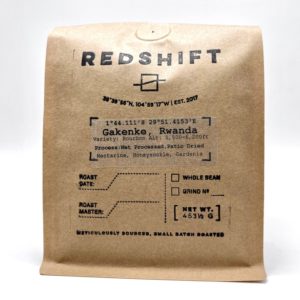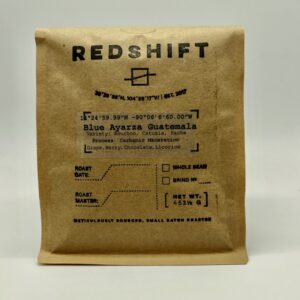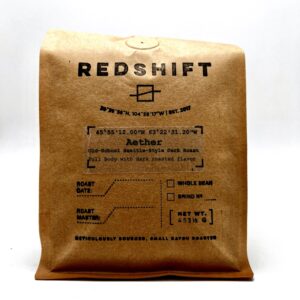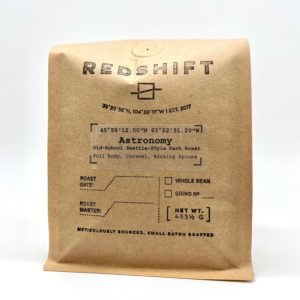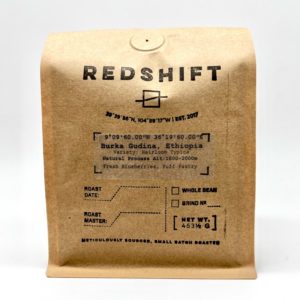Description
The Muxbal Estate has an extension of 236 hectares bordering Guatemalan territory, about half of it is planted with coffee; the other half is an ecological reserve of primary rainforest, protecting rivers, springs, flora and fauna. The rich volcanic soil, good environmental practices, shade-tree grown coffee creates a microclimate that provides an extraordinary coffee cup and excellent production.
Our selection comes from a carefully natural dried process that enhances the fruitiness of this exquisite coffee.
